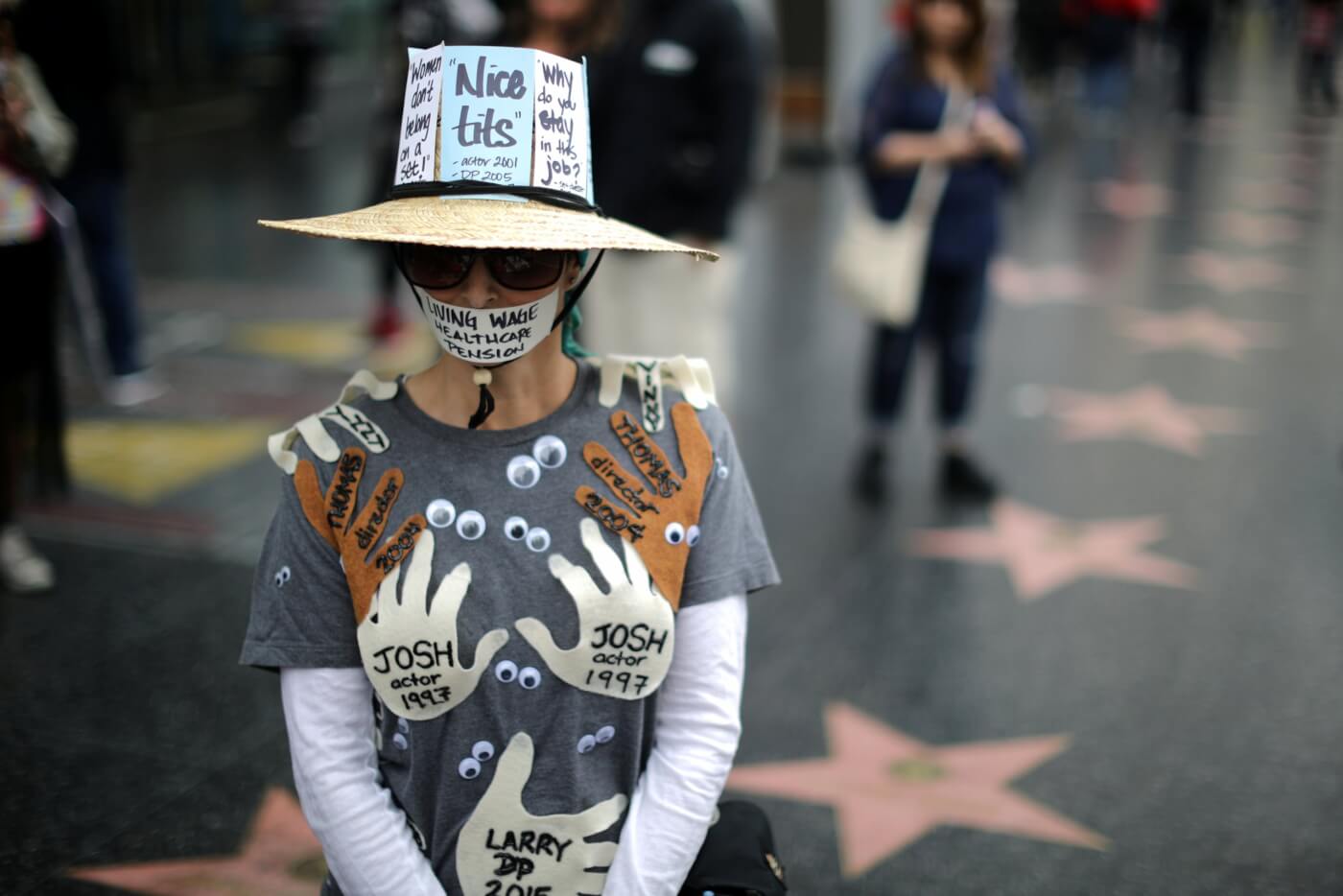Helena Kennedy QC stresses the need for a Scottish misogyny law that addresses hate crimes against all women, as she commences the investigation into whether a separate criminal offence of abuse against women is needed.
Today, 22 February, the Scottish Parliament’s Justice Committee convenes a round-table to discuss the Hate Crime and Public Order Bill on freedom of expression, which omits to include “sex” as a reason for hate crime. This discussion is crucial as Baroness Helena Kennedy calls for the protection of all women against hatred.
At the moment, Scottish laws recognise hate crimes as motivated by prejudice based on race, religion, disability, sexual orientation, or transgender identity. The Scottish Hate Crime Bill currently in the Scottish Parliament aims to clarify the legislation and extends hate crime to protect age, but fails to include sex. It merely includes the power to add “sex” as a ground for hate crime at a later date in form of a regulation.
Kennedy, who is leading the Working Group on Misogyny and Criminal Justice in Scotland, has announced her six person panel earlier this month. Within the next 12 months the group will investigate current gaps in the law tackling misogyny, and whether this should be done through a separate criminal offence or by adding sex to the hate crime draft.
Recommendations to include gender or sex as the characteristic of a protected group in the Scottish Hate Crime Bill have been opposed by women’s organisations, who have called for misogyny to become a standalone criminal offence in Scotland instead. Helena Kennedy summarises the scope of her working group as looking into “hatred” against all women, whether they are trans women, gay women, journalists, parliamentarians – the types of women who are protected from hate crime should have not limitation.
As a result, Kennedy suggests that a working definition of misogyny should include abuses such as street harassment, sexual bullying at work as well as the online abuse of women in public life. She emphasises the importance of addressing misogyny, as it creates fear and anxiety for the victims: “We’re talking about the whole backdrop of inequality and how women are treated in society.”
Drawing from her own experiences; she was given a personal alarm by the police after being threatened by a man who had served a prison sentence for attempted femicide, she points out the risks for women in the public domain.
A survey published by Holyrood magazine last week finds that a third of female MSPs who responded had received a threat of sexual violence and a death threat.
Helena Kennedy clarifies that she is not talking about being arrested for wolf-whistling, as the issue was trivialised in the media previously, but “the sort of abuse that ends up putting people in fear, that denigrates and reduces women.” She also reveals plans of questioning social media platforms on why they are failing to address “vile abuse” of women online.
Treating misogynist abuse as a hate crime is an important step, and was also recommended by the Law Commission for England and Wales last autumn. Campaigns across the country, including those by Citizens UK and Labour MP Stella Creasy, are receiving increasing public support. Scottish crime statistics reveal that gender violence is rising every year, while convictions rates for rape and attempted rape remain low. Gender-related hate crime, and especially street harassment, needs to be addressed appropriately, so that all women can feel safe in our society.

